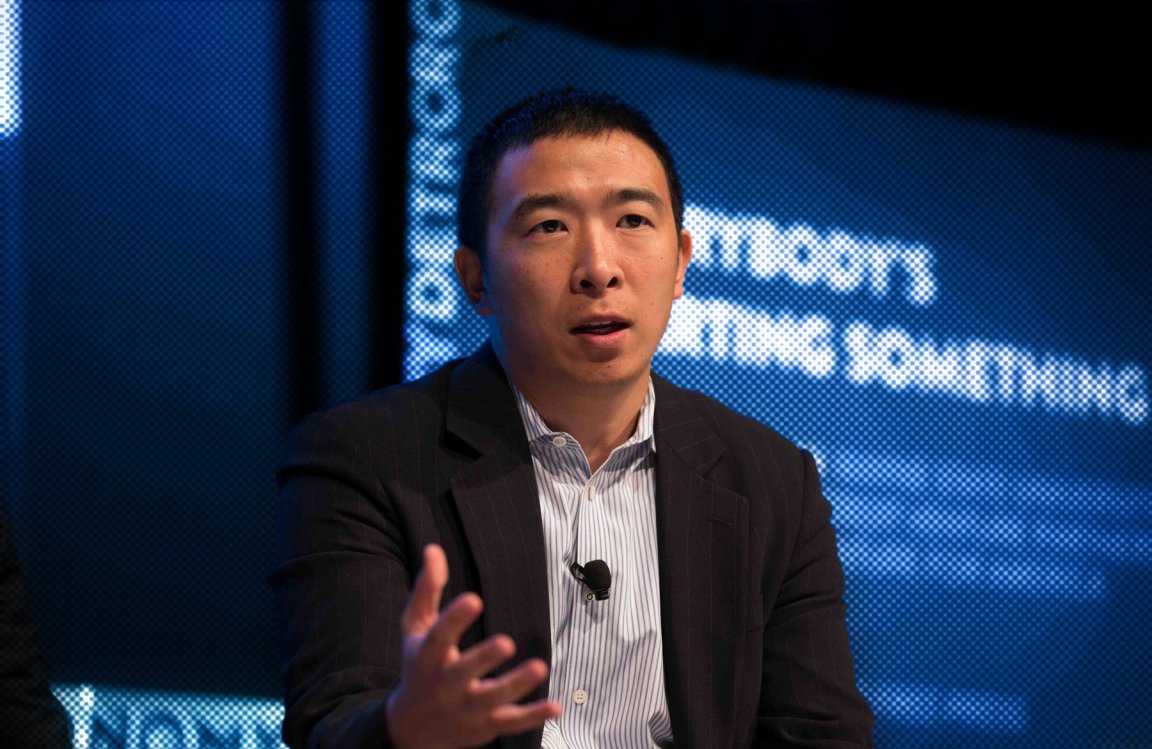
Fear the Machine
Some presidential candidates fear the loss of traditional values, others the loss of freedoms, but 2020 presidential hopeful Andrew Yang’s fear is automation.
“New technologies – robots, software, artificial intelligence – have already destroyed more than 4 million US jobs, and in the next 5-10 years, they will eliminate millions more,” reads Yang’s website. Yang believes that in order to protect the economy from increased automation and thereby increased unemployment, the country should move to implement a universal basic income (UBI) policy where citizens receive a regular stipend.
One of the biggest questions surrounding such a policy; how would the program be paid for? In an interview this past Friday, Yang explained how such a system might actually be cheaper to run than many people believe.
Crunching the Numbers
Although giving every American $1,000 a month would cost approximately $3.9 trillion at the onset, Yang suggests the true cost isn’t as straight forward. There are many factors involved in determining the cost of a UBI system including determining who would be a beneficiary, who would be a net contributor, and how much the state would save through a more efficient bureaucracy, according to University of Oxford wage labor researcher Elizaveta Fouksman. Some estimations place costs around $539 billion per year, less than the $988 billion spent on Social Security last year.
“It gets much, much cheaper, very, very quickly, and the reason it does is that about half of Americans are already receiving government income support in some fashion,” Yang told CBS News. Yang’s plan would call for every American to received $1,000 in basic income each month. Those already receiving that amount in welfare and government-sponsored programs would have the option to choose between one program or the other, thereby reducing the welfare budget.
Yang’s plan would also call for a value-added tax, a tax paid by the purchasers in a supply chain, not the end consumer. Yang also claims UBI would add $2.5 trillion in economic growth and 4.6 million jobs, which in turn would lead to up to $600 billion added revenue, citing statistics from the Roosevelt Institute.
Automation Marches On
Whether or not UBI is the route we humans decide to take in reacting to automation, now is the time to be having such conversations. In 2018 North America put more robots to work than ever before and that trend isn’t likely to change. As self-driving vehicles continue to develop they will begin to automate millions of driver jobs.
“All you need is self-driving cars to destabilize society,” Yang told the New York Times. “That one innovation,” he continued, “will be enough to create riots in the street. And we’re about to do the same thing to retail workers, call center workers, fast-food workers, insurance companies, accounting firms.”
READ MORE: Presidential candidate Andrew Yang explains support for universal basic income [CBS News]
More on Andrew Yang: Meet the Long-Shot 2020 Presidential Candidate Who Might Make UBI a Reality